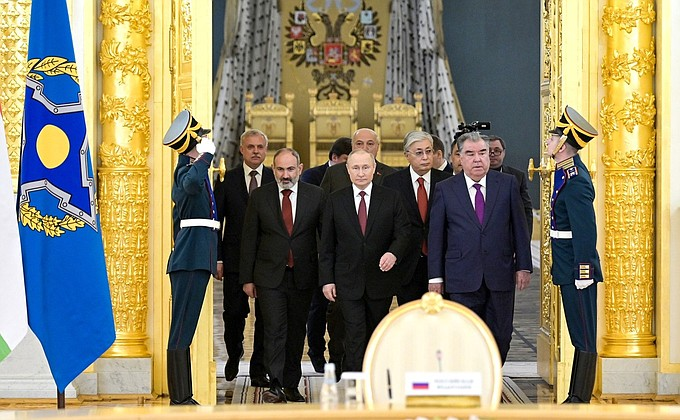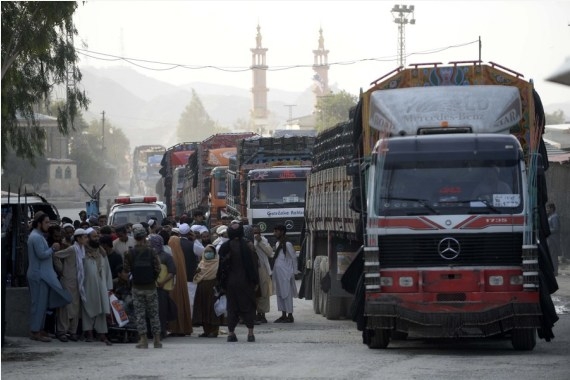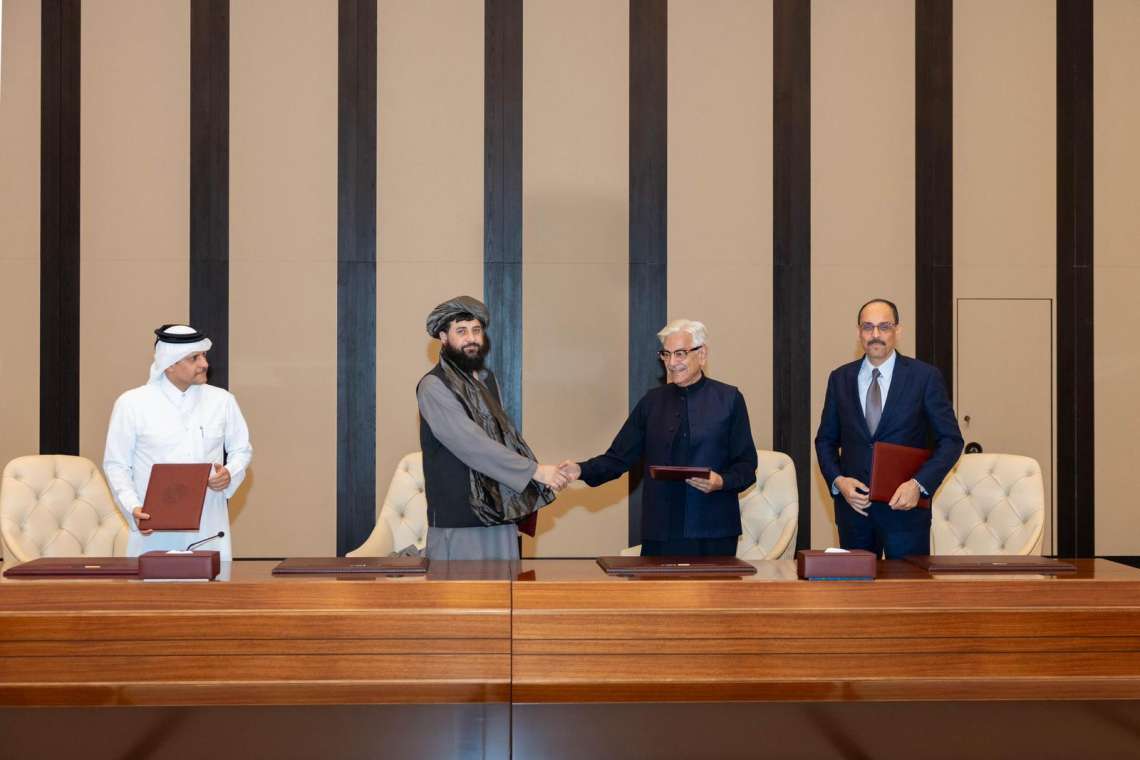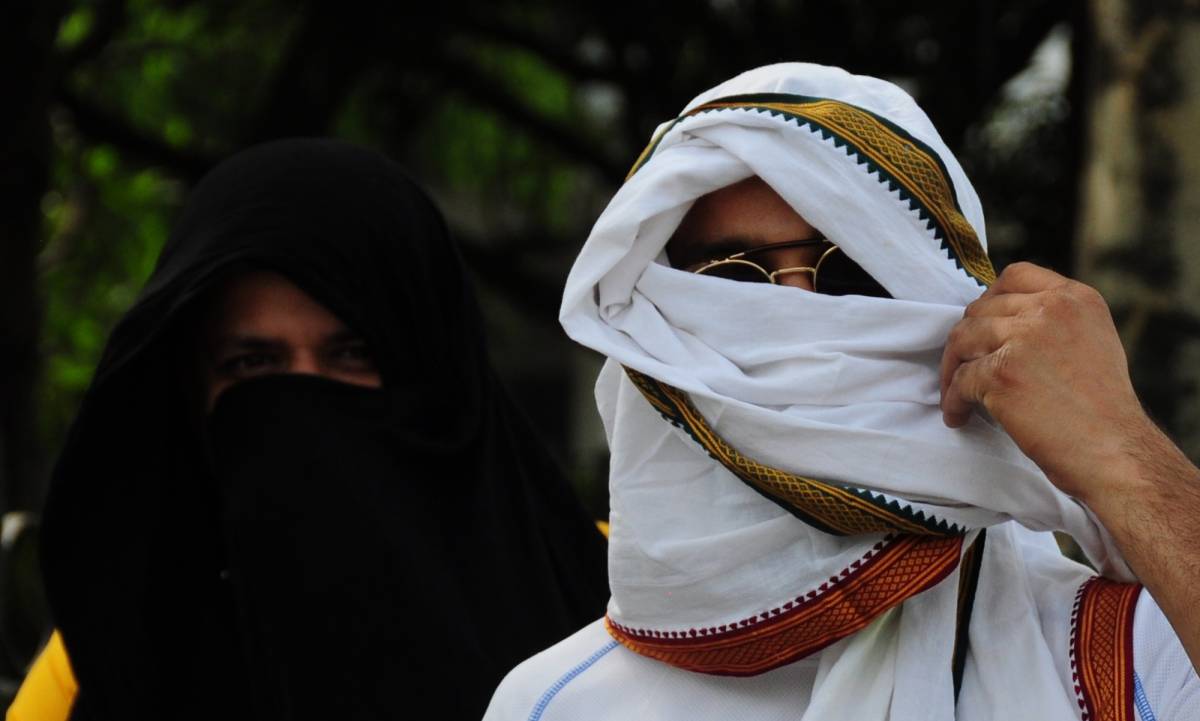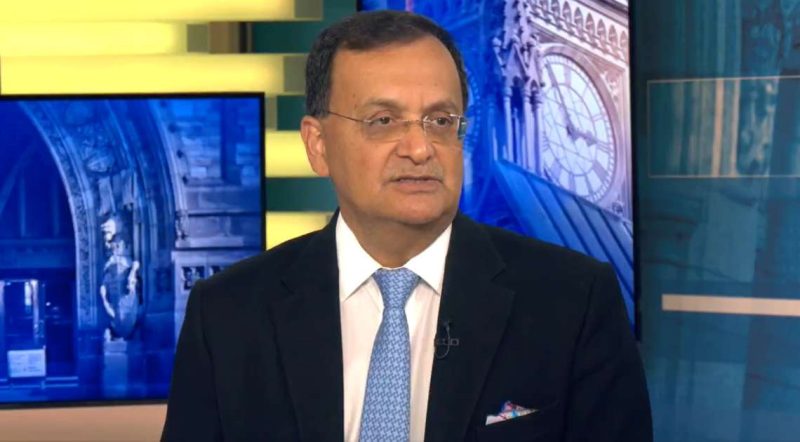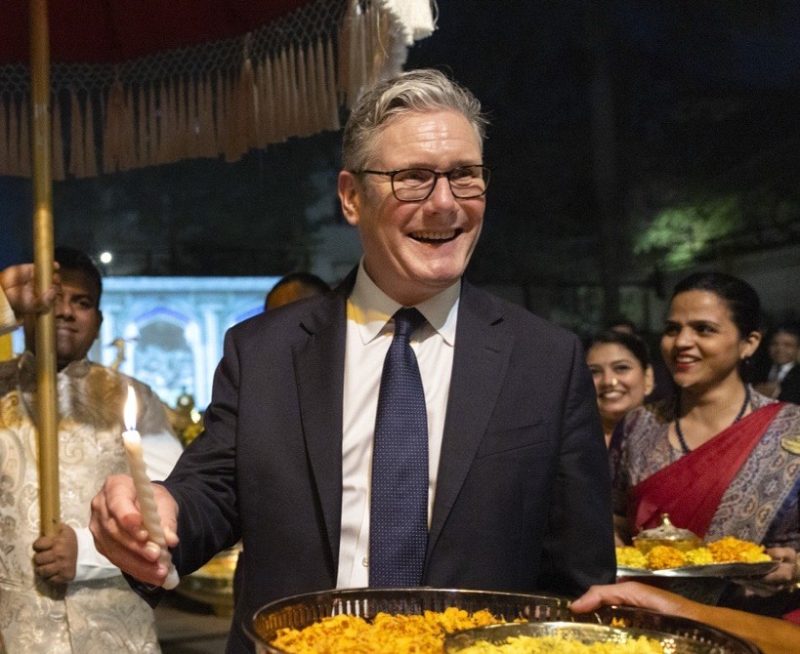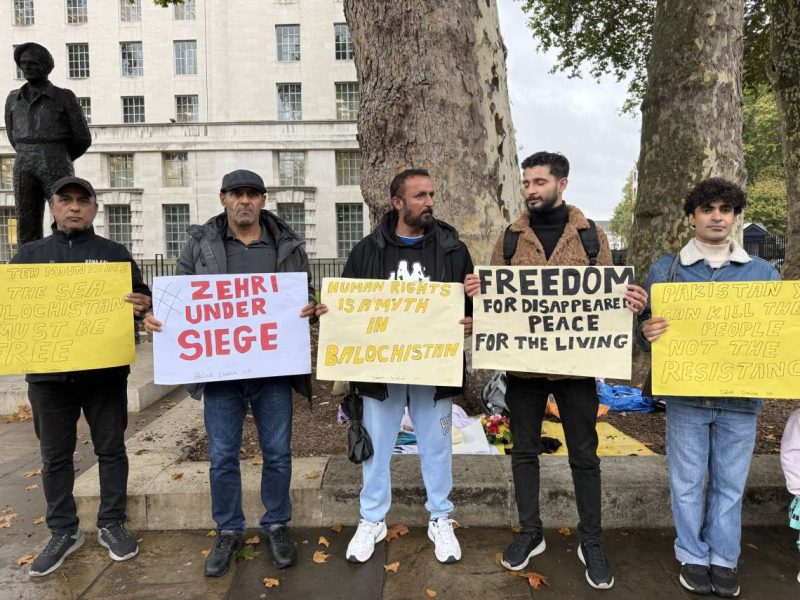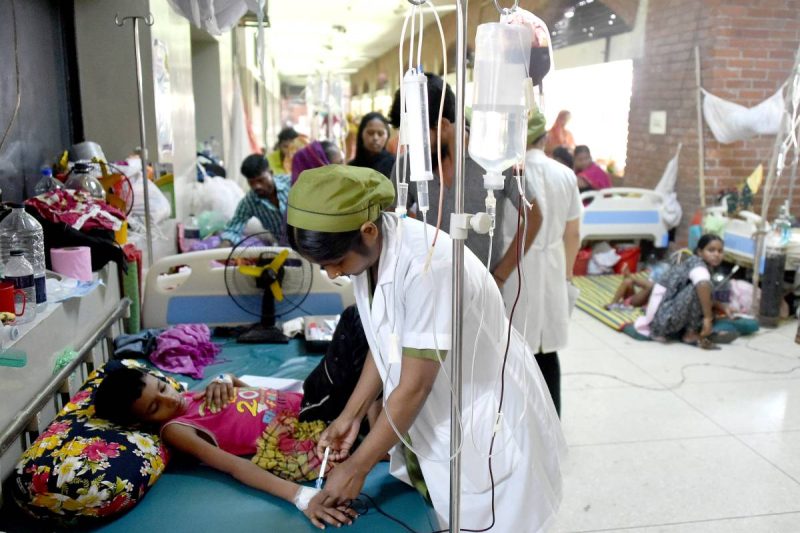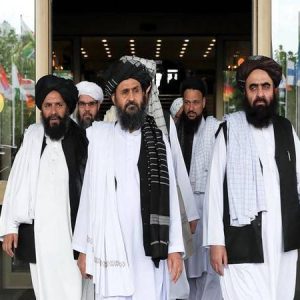President of the Kyrgyz Republic Sadyr Nurgozhoevich Zhaparov insisted that the Afghan problem should remain at the centre of CSTO attention and analysis…writes Ateet Sharm
While the world focuses on the situation in Ukraine, Central Asian countries are facing a double whammy, getting increasingly worried about not just the Eastern European region but also the threats emanating from Afghan territory on their southern borders.
Led by Russian President Vladimir Putin, the heads of the Collective Security Treaty Organisation (CSTO) member states had a lot on their plates when they met at the Kremlin in Moscow on Monday.
Ukraine, NATO, the Caucasus and Afghanistan – the military alliance of former Soviet states in Eurasia agreed that the situation along the entire perimeter of the borders of the CSTO member states remains tense.
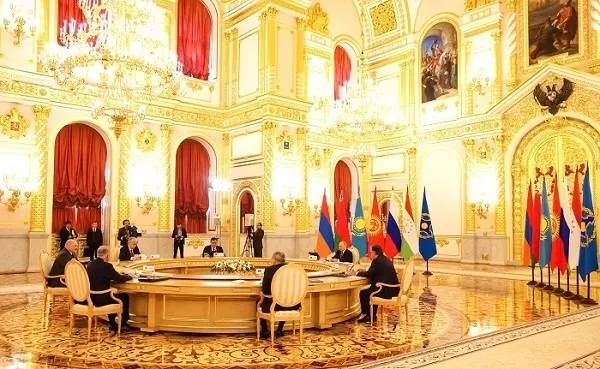
Agreeing that the current international environment does not inspire optimism, both in terms of global security and the global economy, the leaders – which included Belarus President Alexander Lukashenko, Kazakhstan President Kassym-Jomart Tokayev, Kyrgyzstan President Sadyr Japarov, Tajikistan President Emomali Rahmon and Armenian Prime Minister Nikol Pashinyan besides Putin – were unanimous in the view that Afghanistan remains “a serious destabilising factor” in the Central Asian region.
They agreed that after the return of Taliban in Kabul, Afghanistan remains a hotbed of international Islamist terrorism, drug trafficking and illegal migration with things becoming more acute as the socio-economic situation in the country deteriorates.
“We attach great importance to the development of the situation in Afghanistan. The unstable situation in this country, as well as the unrelenting activity of armed groups on the territory of Afghanistan, continue to threaten the security and stability of our states. I believe that the CSTO must take into account all potential threats and pay even more attention to ensuring the security of the southern borders of Central Asia,” said Kazakhstan President Kassym-Jomart Kemelevich Tokayev.
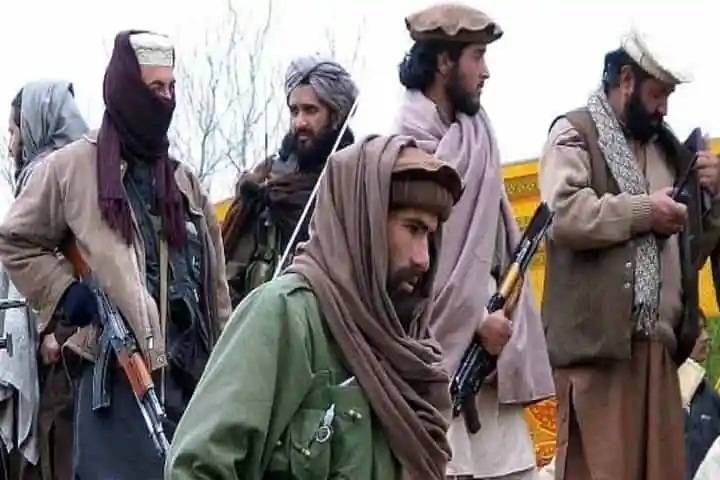
President of the Kyrgyz Republic Sadyr Nurgozhoevich Zhaparov insisted that the Afghan problem should remain at the centre of CSTO attention and analysis.
“The situation on the southern borders of the CSTO remains very alarming, primarily due to the unimpeded activities of radical religious-terrorist structures in some Afghan provinces, whose external sponsors have their own far-reaching plans for Central Asia,” said Zhaparov.
He stressed that it is necessary to implement the entire range of political-diplomatic and military-technical security measures while, at the same time, it is important to provide humanitarian assistance to the Afghan people, “among whom there are our relatives”.
Tajikistan, which due to its geographical location – shares a 1344 km long border with Afghanistan – remains at the forefront of countering current threats and challenges once again highlighted the export of extremism and an increase in drug trafficking after the Taliban takeover.
President of Tajikistan Emomali Rahmon, who has in the past spoken about terror sleeper cells getting active on its southern borders after Taliban’s return, stressed on the urgency to step up joint efforts to strengthen the potential and capabilities of CSTO to counter the multiple growth of challenges and threats to security of member states.
“We see that over the past four decades, negative factors have been accumulating that have contributed to the deterioration of the military-political and socio-economic situation in this country (Afghanistan). In this regard, the CSTO needs to be ready for various scenarios for the development of the situation on the southern borders,” said Rahmon.
The CSTO members had held a series of large-scale military exercises on the Tajikistan-Afghanistan border to counter the Taliban threat last year, the practice of which, revealed Russian President Vladimir Putin, would expand with a whole series of joint exercises planned for this fall in Kazakhstan, Kyrgyzstan and Tajikistan.
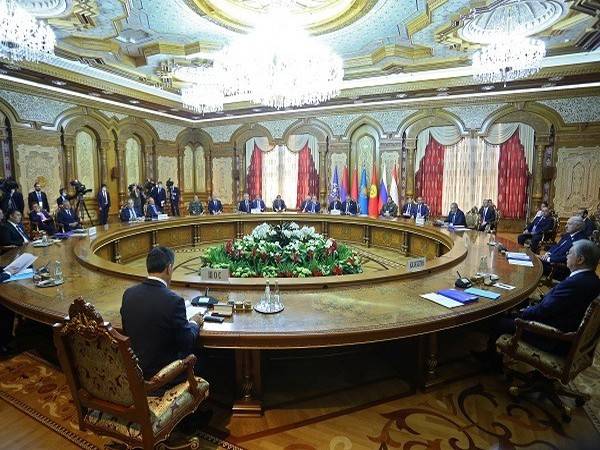
The measures, said Putin, will serve to increase the combat readiness and the level of coordination of the military structures of member states.
“We will also deal with the issues of equipping the CSTO Collective Forces with modern weapons and equipment, increasing the operational compatibility of their military contingents, and improving the coherence of the joint actions of our military structures and special services,” the Russian President assured all the leaders.
Putin also reaffirmed that Russia will continue to contribute to the deepening of strategic alliance relations with all CSTO member states.
The leaders, as they celebrated the 30th anniversary of the signing of the Collective Security Treaty and the 20th anniversary of the creation of the CSTO, underscored that the organisation remains a solid system of collective security which was built in the vast expanse of Eurasia.
(The content is being carried under an arrangement with indianarrative.com)


